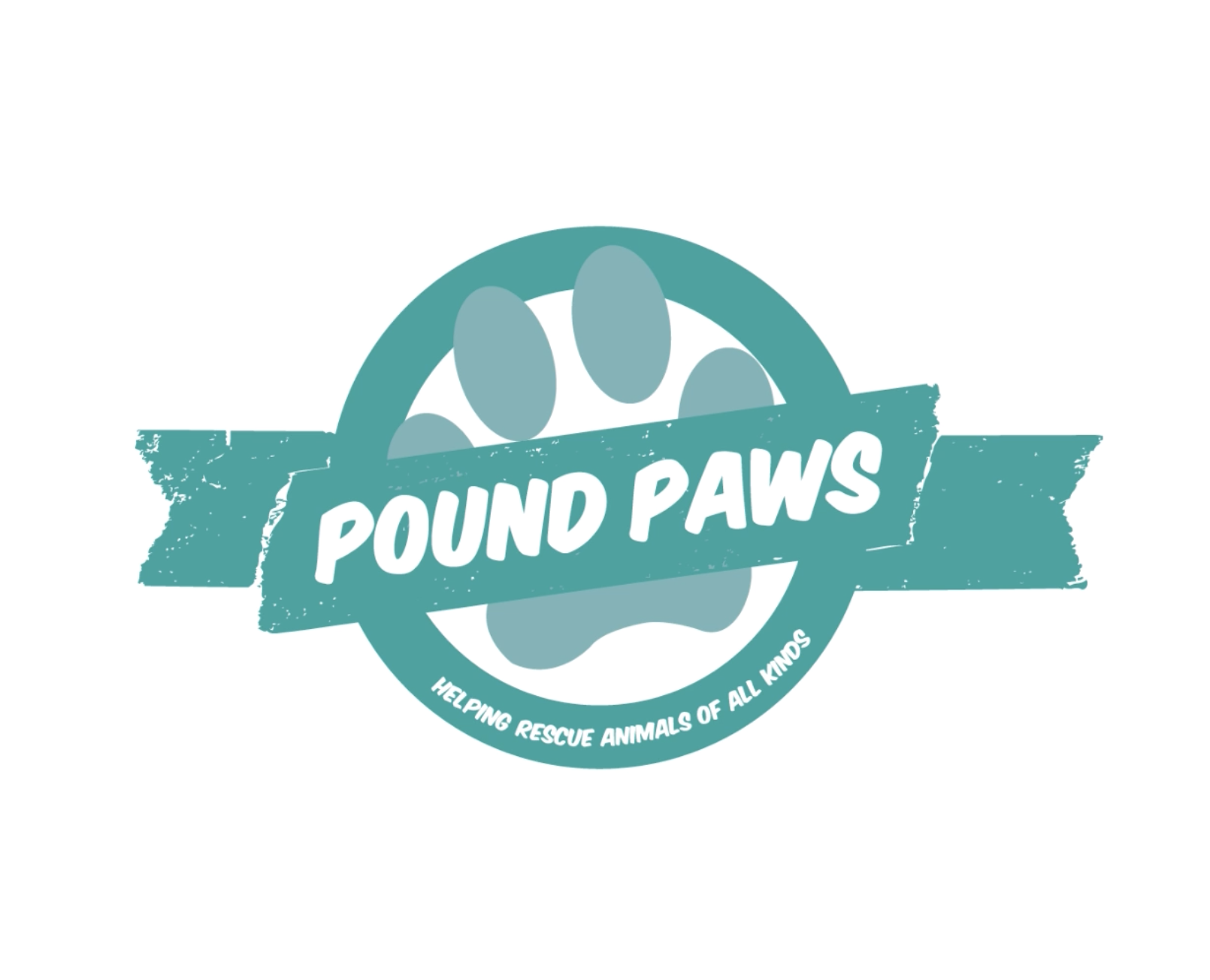7 Types of Dog Treats Your Canine Companion Will Love
- Pound Paws

- Apr 25, 2022
- 3 min read
Dogs are man's best friend, and there are plenty of reasons why. Dogs make great loyal companions; they can provide us with hours of entertainment and even help keep us fit and active, which is especially true during coronavirus lockdowns.
Our furry pets became significant sources of emotional support for us as we all faced the challenges of the pandemic. Dogs have been our faithful friends, from providing us with comfort and companionship during lockdown to giving us a reason to get outside and exercise.
And there's no doubt that you want to spoil them just as much as they've spoiled you. So if you're looking for some ideas on how to spoil your furry friend, here are seven types of dog treats your canine companion will love.

Bone-like Treats and Dental Chews
Bone-like treats and dental chews aren't made from animal bones. Generally, they're made from cornstarch or flour, which is then shaped and hardened. Some contain gelatin, which comes from animal skin and bones.
Due to the degree of chewing needed to break these down, they can help keep teeth clean and promote healthy gums. They can also help with bad breath. Again, choose the right size for your dog, as choking is always a risk with any chew. To prevent any mishaps, always supervise your dog when enjoying a bone-like treat or dental chew.
Soft Treats
As the name implies, soft dog treats have a much softer texture than the average dog biscuit. They are great treats for training or for elderly dogs that have trouble chewing. There are endless possibilities when it comes to soft treats.
You can find them in all shapes, sizes, and flavors. When choosing soft treats, the most important thing to consider is your dog's dietary needs. For example, if your pup has allergies, you'll want to avoid treats that contain common allergens like wheat or soy. You should also check the ingredient list to ensure the dog treat doesn't contain artificial flavors or colors.
Jerky and Freeze-dried Treats
Dogs will love jerky and freeze-dried treats because they offer a delicious taste similar to human food. These tasty treats are available in many different forms, such as seafood, poultry, liver, and meats.
Many dog owners find jerky and freeze-dried treats very effective in training their dogs. You can use these treats to reward good behavior or motivate your dog to perform tricks. Or, you can give them to your dog to show your affection.
Crunchy Treats
These crunchy treats come in various shapes, sizes, and flavors sometimes called dog biscuits. And while they may not be as exciting as a juicy steak, they're just as good for many dogs.
But what exactly are crunchy treats? Are they perfect for your dog? Crunchy treats are typically made from whole wheat flour, oats, or rice. They usually contain meat or meat by-products as the main ingredient, but vegetarian options are available.
So, what's the big deal with crunchy treats? Well, for starters, they help keep your dog's teeth clean. Chewing on crunchy treats helps remove plaque and tartar from your dog's teeth, leading to healthier gums and fresher breath.
Pig Ears
Pig ears are a good source of protein, which is essential for your dog's diet. They also contain healthy fats and oils that help keep your dog's coat and skin healthy. In addition, pig ears are a great chew toy for your dog, and they can help keep their teeth clean and healthy.
You can buy them fresh, frozen, or dehydrated. Fresh pig ears are the most expensive, but they're also the most nutritious. On the other hand, frozen pig ears are a good option if you're on a budget, and they last longer than fresh ears. Finally, dehydrated pig ears are the most affordable option, but they don't have as many nutrients as fresh or frozen ears.
Special-diet Treats
If your dog is on a special diet, you can still give them the occasional treat. Many special-diet treats are made with limited ingredients to avoid triggering allergies. You can even find special diet treats that are grain-free, gluten-free, and soy-free.
When choosing a special-diet treat, always check the label to ensure it's appropriate for your dog's diet. Talk to your veterinarian if you're unsure whether a special-diet treat is suitable for your dog. They can help you choose the best treats for your dog's individual needs.
Takeaway
Dogs need to be rewarded from time to time to encourage good behavior. A dog constantly being scolded is more likely to become anxious and stressed, leading to even more bad behavior. Rewarding great puppy treats for training or even just for being a good boy can go a long way in making your furry friend feel appreciated.





Comments